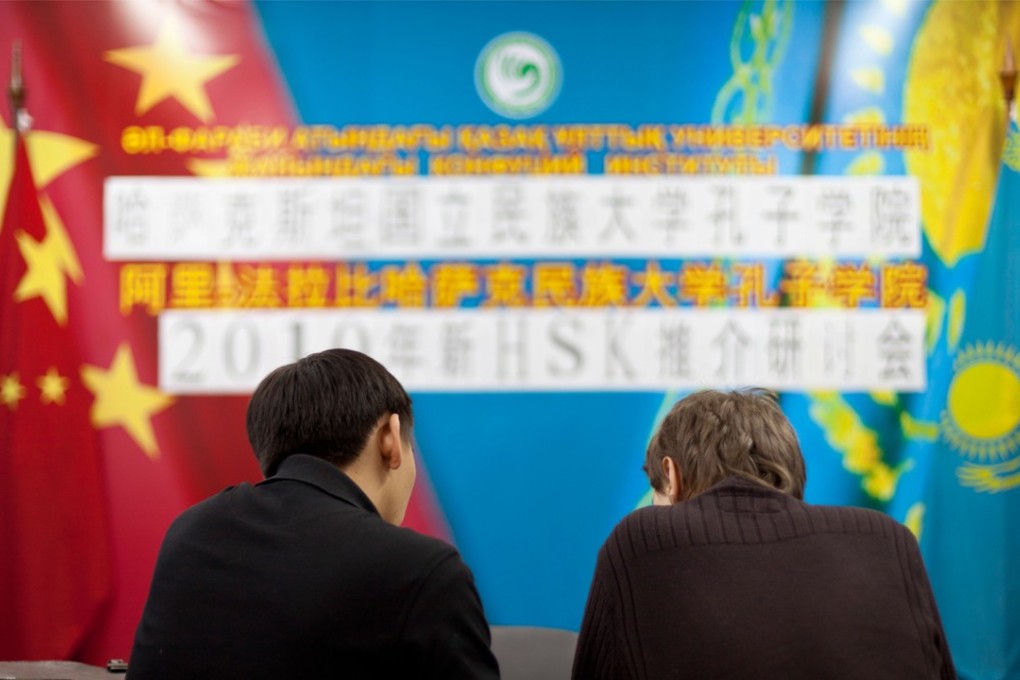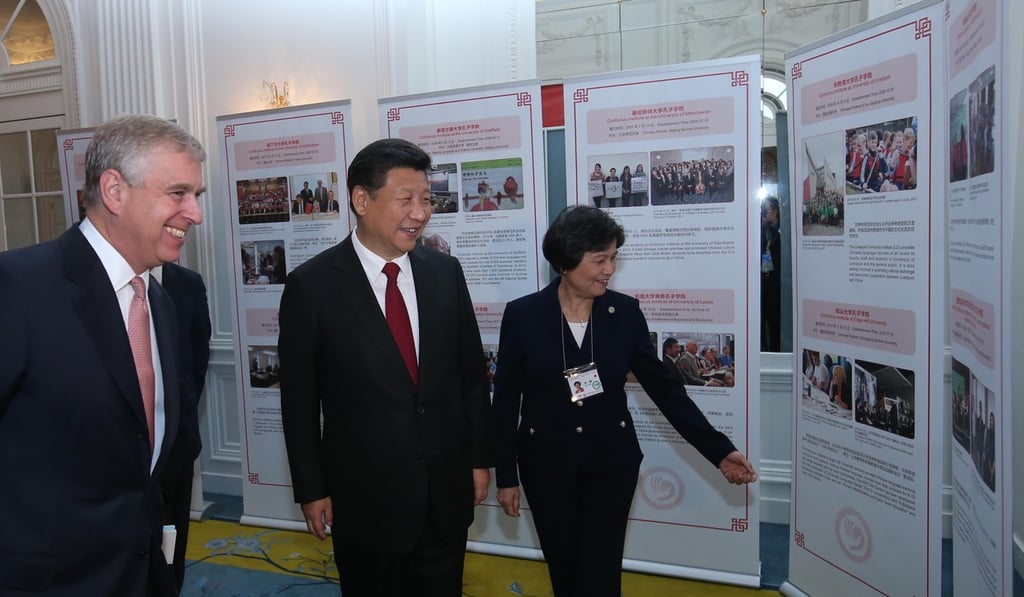US lawmakers seek to force Confucius Institutes to register as foreign agents
The Foreign Influence Transparency Act would close loopholes in current law and require parties promoting a political agenda to register with the Department of Justice

The US operations of China's Confucius Institute would be required to register with the American government as foreign agents under a draft proposal in the US Senate and House of Representatives.
The proposed Foreign Influence Transparency Act of 2018 would require the Confucius Institute and other groups and individuals to register for status under the Foreign Agents Registration Act (FARA) if they promoted a foreign government’s political agenda.
The bill is co-sponsored by Florida Senator Marco Rubio and South Carolina Congressman Joe Wilson, both members of the Republican Party.

“The goal of this legislation is to increase transparency between foreign governments, universities and communities,” Wilson said in a news release.
“The American people have the right to know if they are consuming propaganda that is being produced by a foreign government.”